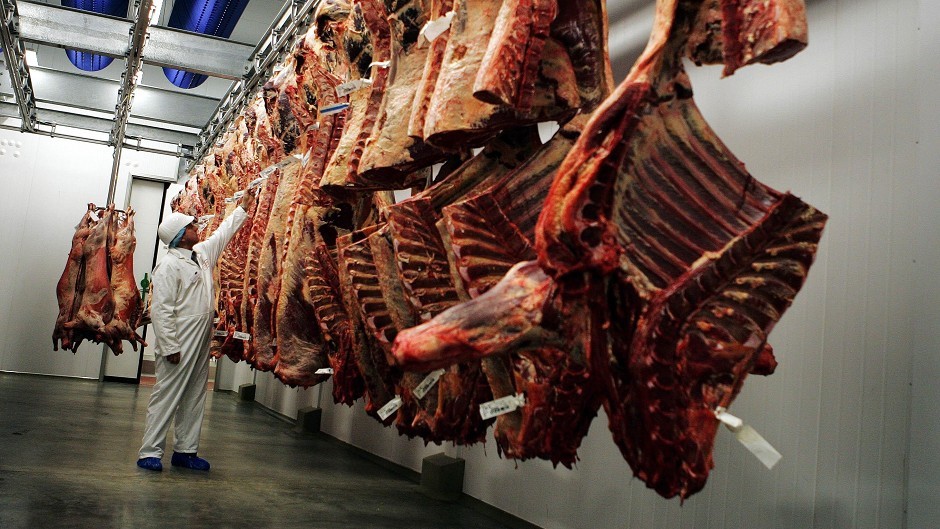Farm leaders across Europe have called on the European Commission to take urgent action to improve the beef market.
Copa-Cogeca – the Brussels-based group which represents farming unions and co-operatives – has called on the commission to work to find new market outlets for European beef.
“There are serious problems in the EU beef and veal market. There is a lack of profitability in the sector, especially for the fattening systems due to rising production costs,” said the chairman of Copa-Cogeca’s beef working party, Jean Pierre Fleury.
“With the increase in slaughterings and the loss of a key export market Russia, there is an urgent need to export more and find alternative markets for our produce. The EU needs to focus more on these markets, and encourage their opening through the removal of Sanitary and Phytosanitary (SPS) barriers to trade. The risk also needs to be covered and export insurance could help here.”
The farmers’ body also sounded a warning against the possible impact of the TTIP trade deal on the beef market.
TTIP – the Transatlantic Trade and Investment Partnership – is the proposed trade deal between North America and Europe.
Mr Flury said: “The beef sector is important for the economy in EU rural areas. Breaking this link would have a detrimental impact on rural areas and regions where there is no other source of employment.
“Production costs are also higher in the EU compared to other countries and production standards different and account should be taken of this. There are also differences in control systems, which puts the EU at a disadvantage.”
According to Quality Meat Scotland, the main factor hitting the Scots beef market is the strength of Sterling.
The red meat levy body’s head of economics, Stuart Ashworth, said the strong sterling had resulted in a 13% reduction, or 2,500 tonnes, in UK beef exports in January and February, against an 11% increase, or 4,500 tonnes, in imports.
He said: “Add to that an increase in domestic supply of around 3,000 tonnes (2%) during January and February and we find that the market has been working with around 8% more beef than a year ago.”
He dismissed claims that Polish beef was being taken into Ireland and then brought into the UK and labelled as British.
The economist also dismissed claims that imports were resulting in malpractice in Scottish and UK beef pricing.
Looking ahead, he said: “We know the availability of prime cattle in Scotland, UK and Ireland will diminish so, in the next quarter, we expect to see the volume of cattle arriving at abattoirs slow down. It is likely we will then see some firmness in the market for the beef producer.”
